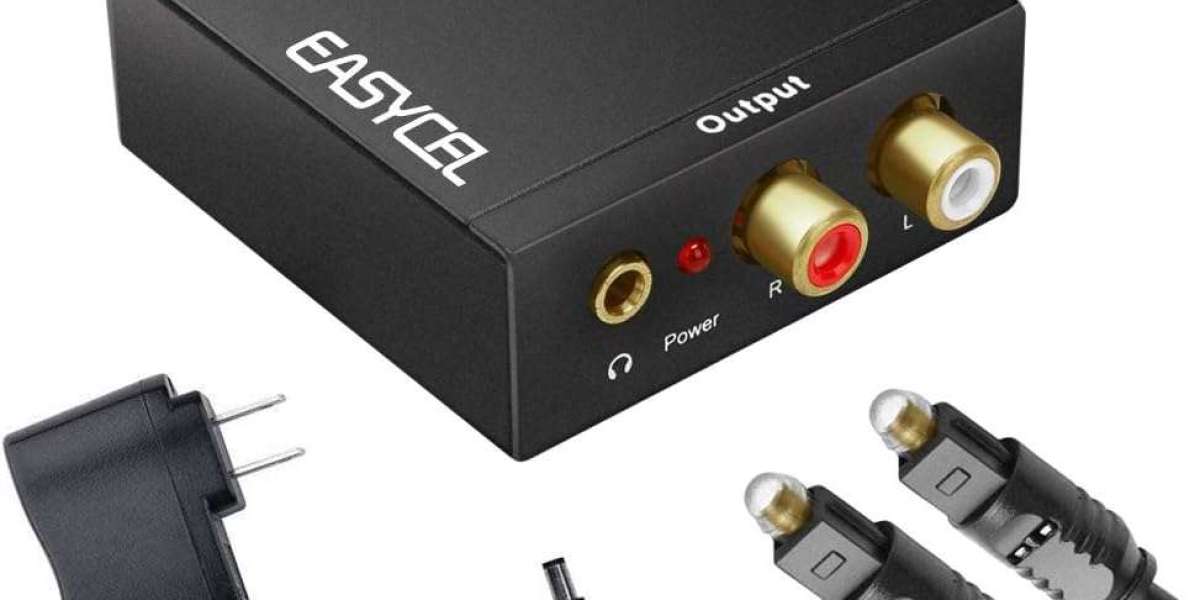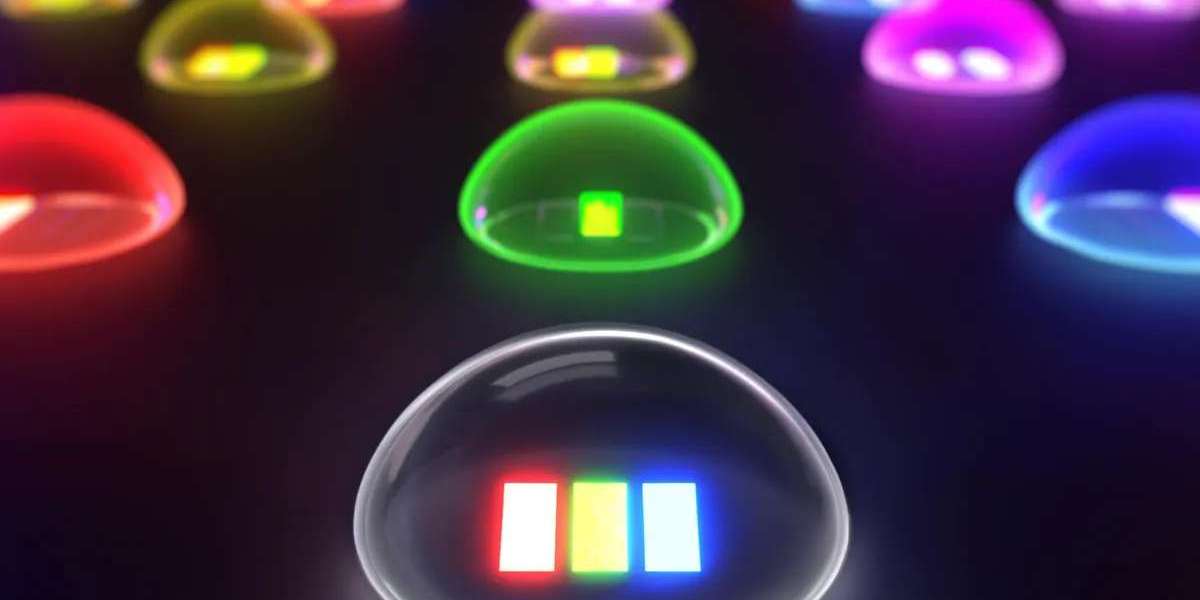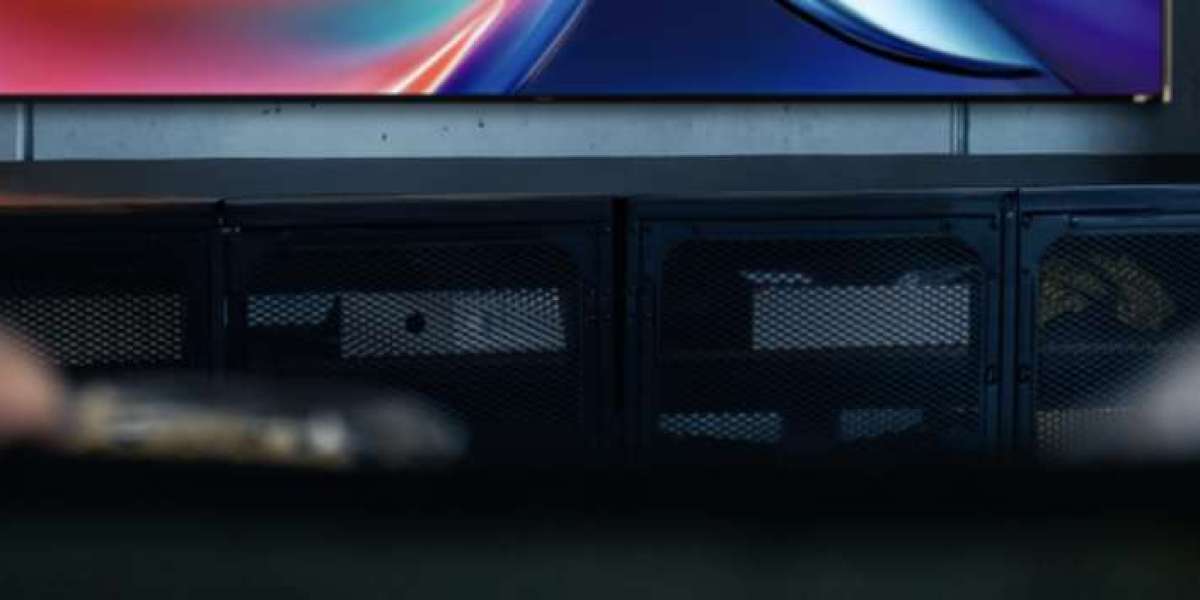What is a DAC Adapter for TV Optical Out, and How Does it Work?
The transition from analog to digital has revolutionized the way we interact with technology, especially in the world of audio and visual equipment. Among the many devices that have taken advantage of this digital revolution is the Digital to Analog Converter (DAC) Adapter for TV Optical Out. In this article, we will delve deep into exactly what a DAC Adapter is, and how it works.
Understanding the DAC Adapter
A Digital-to-Analog Converter (DAC) is a device that converts digital audio signals into analog ones. In simple terms, it turns 0s and 1s that machines understand, into sound waves that humans can listen to. A DAC Adapter for a TV optical output is a specific kind of DAC meant for televisions with an optical output. Optical outputs transmit digital audio signals from the TV to other devices like soundbars, receivers, or speakers.
The Need for a DAC Adapter
In an age where most of our equipment is digital, you might wonder why there’s a need to convert digital to analog. Well, despite our devices becoming more advanced, human ears remain analog. We don’t perceive sound in 0s and 1s. So, for us to hear the sound produced by digital devices, the data must be transformed into analog signals. That’s where DACs come in.
How a DAC Adapter Works
The working of a DAC Adapter is quite straightforward. It takes a digital input, processes it, and outputs an analog signal. Here's a step-by-step look at how a DAC adapter works.
1. Receiving Digital Data
The process begins when the DAC receives the digital data from the source. In our case, the source is the TV. The TV transmits the digital signal through the optical output.
2. Sample and Conversion
Once the digital data is received, it's broken down into many different 'samples'. Each sample then gets converted from a digital to an analog signal.
3. Output as Analog Signal
After each sample is converted, the DAC strings them together in the right order to form a continuous soundwave. This is then outputted to your audio device, whether that is a speaker, soundbar, or headphone. Thus, allowing you to hear the sound.
Choosing the Right DAC Adapter
When choosing a DAC adapter for TV optical out, consider features like compatibility, sound quality, ease of setup, build quality, and price. Look for adapters that are compatible with your specific TV brand or model. Moreover, check whether the adapter supports different audio formats like Dolby Digital and DTS.
Conclusion
In a nutshell, a DAC Adapter for TV Optical Out is a practical tool that allows us to enjoy digital audio on our analog devices. By understanding how it works, we hope you now feel more equipped to optimize your audio experiences. As everything goes digital, understanding these devices helps us make better-informed decisions when it comes to our home entertainment system.







